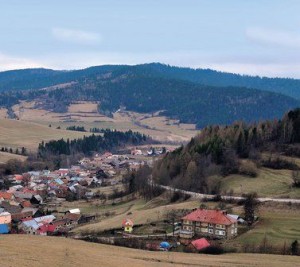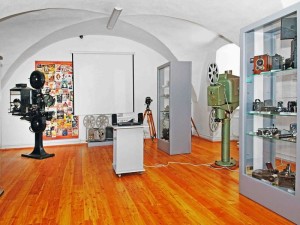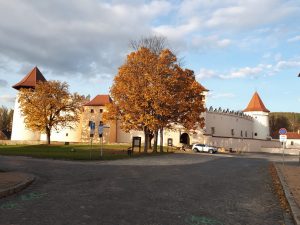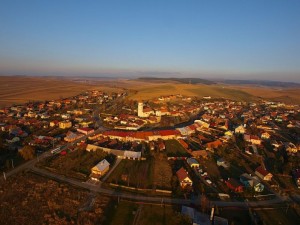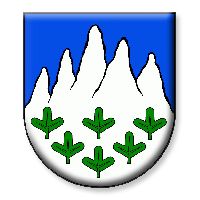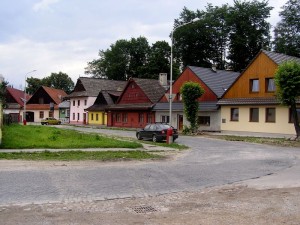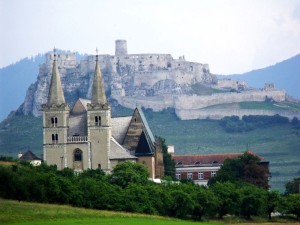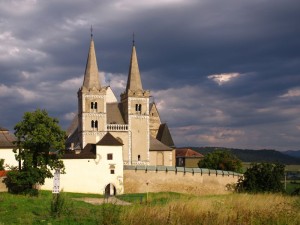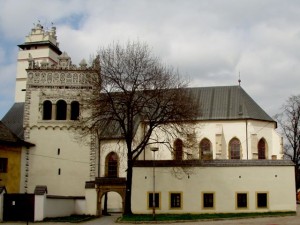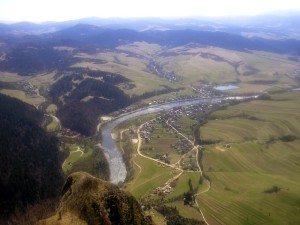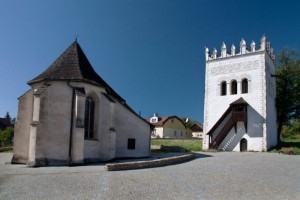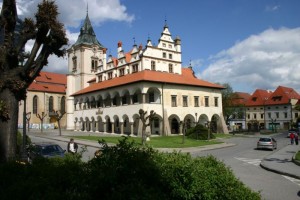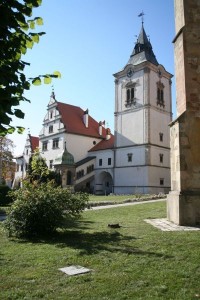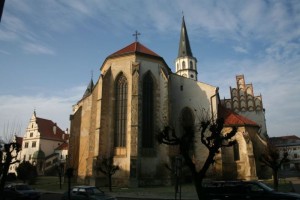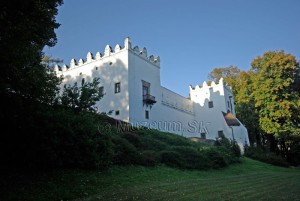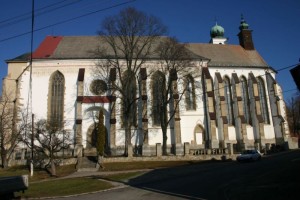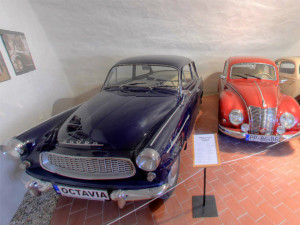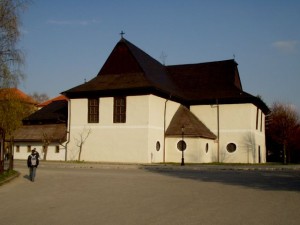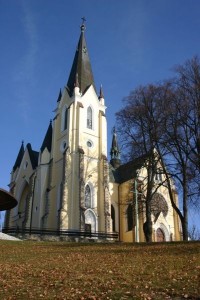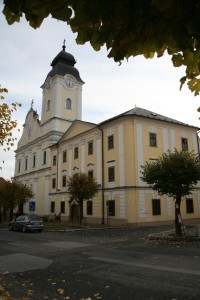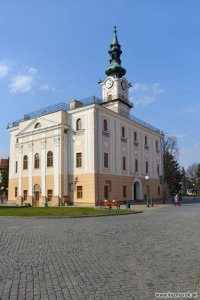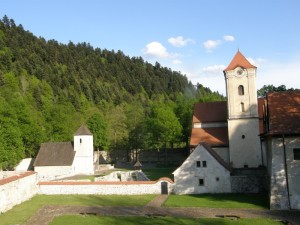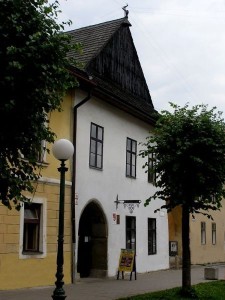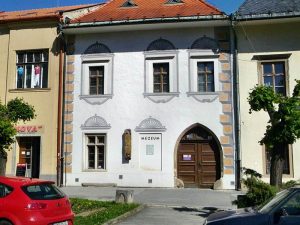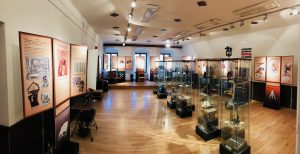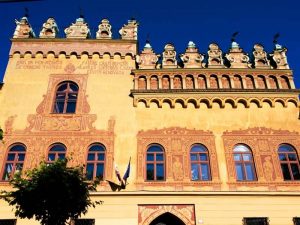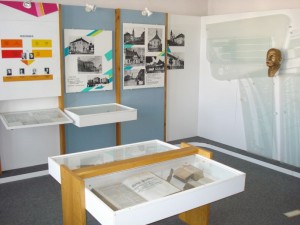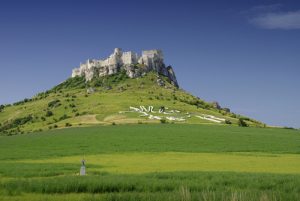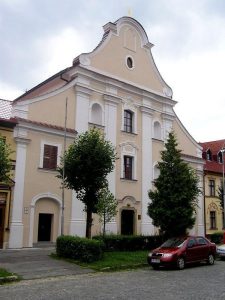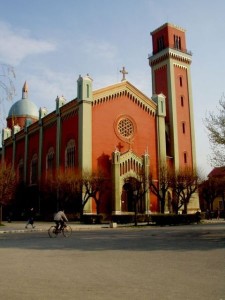Evangelical Lyceum in Kežmarok
Address: Lyceálna knižnica – Evanjelické lýceum (Lyceum library – Evangelical Lyceum), Hviezdoslavova 18, 060 01 Kežmarok E-Mail: ecavkk@gmail.com Phone: +421524522242 GPS: 49.133288, 20.428861 (in front of the Wooden Articular Church – UNESCO World Heritage) https://www.tatryspispieniny.sk/wp-content/uploads/2021/10/kezmarok_lyceum.mp3 TRADITION OF SEVEN CENTURIES OF EDUCATION Education in Kežmarok has a long tradition. The first written record is from the […]
- Address: Lyceálna knižnica – Evanjelické lýceum (Lyceum library – Evangelical Lyceum), Hviezdoslavova 18, 060 01 Kežmarok
- E-Mail: ecavkk@gmail.com
- Phone: +421524522242
- GPS: 49.133288, 20.428861 (in front of the Wooden Articular Church – UNESCO World Heritage)
TRADITION OF SEVEN CENTURIES OF EDUCATION
Education in Kežmarok has a long tradition. The first written record is from the 14th century. But it is very possible, that the parish school already existed a century before that. With the arrival of the Reformation in the Spiš region, the character of the parish school changed to a protestant grammar school of the classical type (High school).
The Lyceum building took on its current form following several reconstructions. The foundation of the new building is from 1774. In only 700 days, the school building was already serving its purpose. In 1820, the first floor was added onto the ground floor, and 45 years later the second floor was added. The taller building began offering students education in philosophy, theology and law. That is why the grammar school changed to a Lyceum. The education gained here, allowed students to study at the best universities all over Europe.
ELITE SCHOOL
The Lyceum in Kežmarok with its elite faculty and degree of tolerance attracted students of different nationalities and religious backgrounds. That’s why the most important writers, historians, philosophers, doctors, technicians and mathematicians studied here. Probably, the most well-known of them was Pavol Országh Hviezdoslav. Among the doctors it was Dr Vojtech Alexander and Aurel Stodola – the founder of the theory of steam and gas turbines.
THE LARGEST SCHOOL HISTORICAL LIBRARY IN CENTRAL EUROPE
Studying without books is not possible. That’s why the school library flourished alongside the school. It was enriched by teachers, students and patrons themselves. Perhaps the most significant gift, which made up more than 15,000 books, came from the estate of Theodor de Jony. It is important to note that many of these book gems were already worth the value of a cow or a smaller house at that time! Many of them were printed 500 years ago, and because of the knowledge they proclaimed, their authors were burned at the stake.
Over the centuries, a collection of 150,000 books was established, making the Lyceum Library one of the largest school historical libraries in Central Europe.
The most precious books consist of a collection of 55 first prints. These are books printed between 1470 and 1500. Another 3,000 books come from the period until 1600. Rarities include 600 music book titles and the same number of art prints.
THE GOLDEN TREASURE OF THE CHURCH
Remarkably, in addition to the very rare works from the time of the invention of letterpress, the thick walls also guard the golden treasure of the church. A tour of the Lyceum Library will definitely fascinate visitors of all ages and arouse a desire for knowledge in schoolchildren. Researchers will also be able to study extremely rare books.
Since 1981 Lyceum has been a national cultural site.
DO NOT MISS
Next to the Lyceum you can find the Wooden Articular Church (UNESCO World Heritage) and the extraordinary New Evangelical Church. The town has a lot to offer. For the lovers of antique beauty we recommend the historical route, which smoothly leads to the most beautiful and valuable of what Kežmarok can offer you.
The existence of the first town school in Kežmarok dates back to the second half of the 14th Century. It is assumed, that the first parish church existed 100 years before. After the reformation in 1531 the school became an Evangelical Grammar School.
Apart from the eight classes of the grammar school, the academic classes were open in the years 1787 – 1852 at the Departments of Philosophy, Law and Theology. The academic classes gave the character of a lyceum. In 1852 the classes of Lyceum were cancelled and the school became a grammar school again. The grammar school now houses the largest school historical library in Central Europe.
There are also precious books in different fields and languages (mostly in German), and priceless incunabula from the 15th and 16th centuries.

